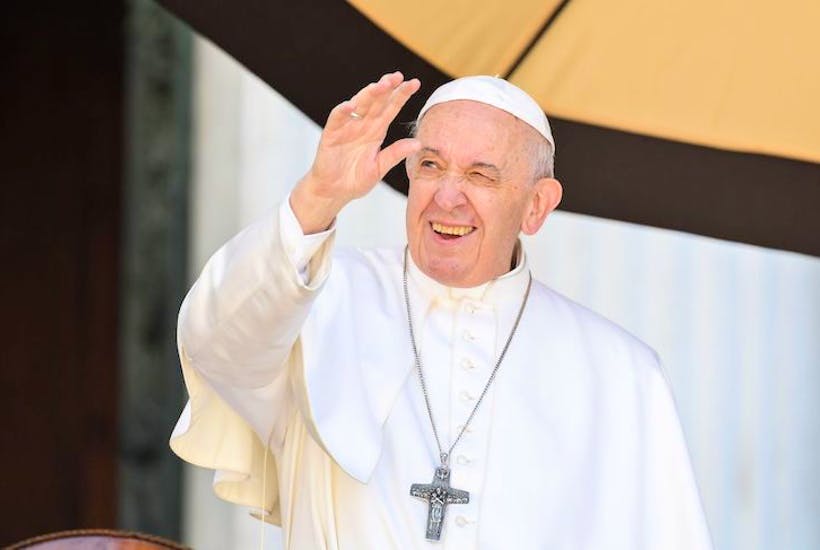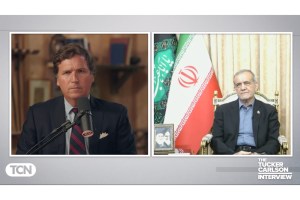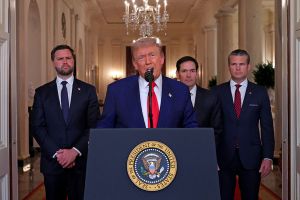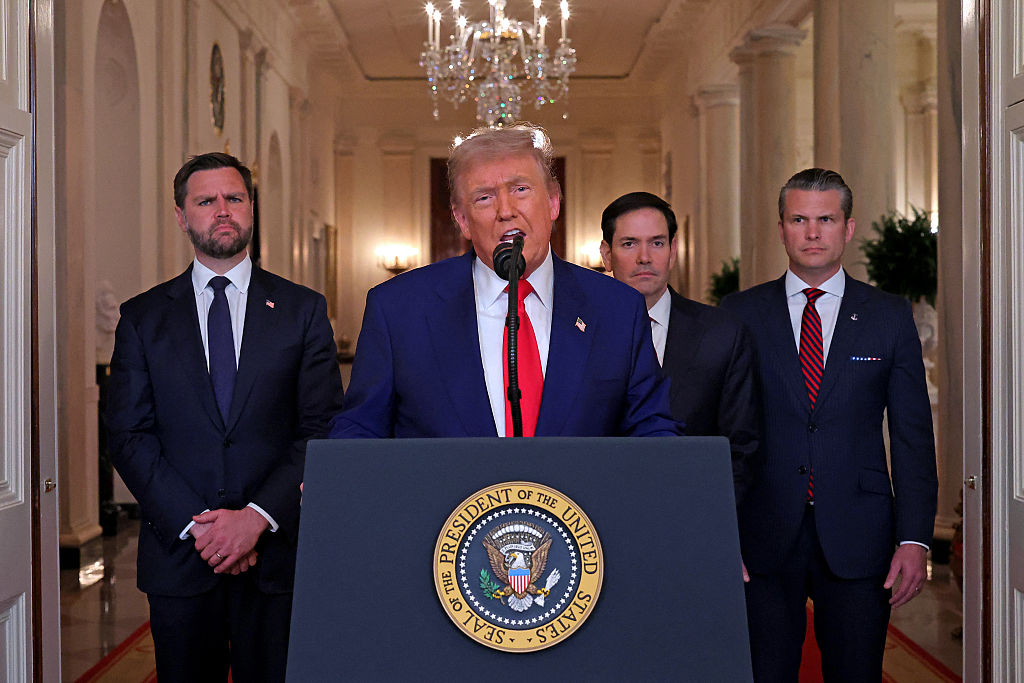He may be infallible in matters apostolic but the Pope continues to err on matters temporal. Francis is both an extraordinarily humble pontiff and one given to superfluous, non-doctrinal pronouncements that elevate his personal worldview. His ‘Jerusalem proclamation’, signed on Sunday with Moroccan king Mohammed VI, is another example of the slender line between pontificating and politicking. On the face of it, this is a bland document, something to announce as the Pope continues his admirable work to strengthen relations with other religions.
Earlier during his two-day visit to Rabat, the Holy Father spoke of the importance of religious liberty and exhorted believers to ‘live as brothers’ and ‘oppose fanaticism’. He impressed upon the faithful that the Church ‘grows not through proselytism but by attraction’, sound advice for Morocco’s 23,000 Catholics since they live in a country that is 99 percent Sunni Muslim and where ‘shaking the faith of a Muslim’ is a crime punishable by up to three years in the slammer.
Francis was more interested, though, in religious freedom 2,400 miles away in Jerusalem, Israel. Francis and Mohammed declared themselves ‘deeply concerned’ about the ‘spiritual significance’ of what they termed ‘Jerusalem / Al-Quds Acharif’ and ‘its special vocation as a city of peace’. Their proclamation deems it ‘important to preserve the Holy City… as the common patrimony of humanity and especially the followers of the three monotheistic religions’.
Jerusalem is ‘a place of encounter’ and ‘a symbol of peaceful coexistence, where mutual respect and dialogue can be cultivated’. As such, they continue, ‘the specific multi-religious character, the spiritual dimension and the particular cultural identity’ of the city ‘must be protected and promoted’. The way to ensure this is through ‘full freedom of access to the followers of the three monotheistic religions’ and guaranteeing their right to worship. That way, ‘they may raise their prayers to God, the Creator of all, for a future of peace and fraternity on the earth’.
And then everyone sang Kumbaya and had a group hug. The sentiment of the statement was not wrong, if a touch happy-clappy, but its terms misrepresent the facts on the ground in Jerusalem. First of all, we’re talking about the Middle East so language is everything. The proclamation, while purporting to assert the rights of the three Abrahamic religions, repeatedly refers to Jerusalem by its English and Arabic names but never the Hebrew Yerushalayim. So when Francis and Mohammed advocate freedom of religious practice in the Israeli capital, the one religion they don’t have in mind is Judaism.
If it seems self-evident that Jews are free to practice Judaism in the capital of the Jewish state, welcome to another specialty of the Middle East: barely fathomable compromises in the midst of all-out war. The spiritual heart of Jerusalem is Har Habayit, the Temple Mount, the most sacred site in Judaism. It is where the first and second temples stood and where, according to Jewish tradition, the third will be built. The plateau is also the third most sacred place in Islam and important to Christians too.
Despite its centrality to Jewish faith and worship, Temple Mount is largely off-limits to Jews. The site is administered by the Jerusalem Islamic Waqf, a Jordanian trust which acts as custodian of the site, with Israel providing security. The relationship is strained and flashpoints regularly flare up, usually driven by the perennial conspiracy theory that Israel is preparing to storm al-Aqsa, one of the five mosques open to Muslims on the mount. There are no synagogues because Jews are banned from praying on Temple Mount, lest it trigger Palestinian rioting, a common occurrence on what is supposed to be a holy place in Islam. The interdict against non-Muslim prayers is enforced so strictly, that Israeli police have arrested Jews for singing the national anthem, silently moving their mouths, and even nodding.
These arrangements date back to 1967 and the liberation of the Jerusalem from Jordanian occupation, when defense minister Moshe Dayan believed the sight of the Dome of the Rock under Israeli control would be an incitement. Israel accepts discriminatory arrangements to this day as the price of keeping the peace. Whether it does or not is another matter.
The Francis-Mohammed proclamation sidelines Jews from their holy city then insinuates that they are the perpetrators and not the victims of religious discrimination in Jerusalem. This reflects the Pope’s angst at President Trump’s decision to recognize Jerusalem as the capital of Israel and move the US embassy there. That disquiet has only grown with Trump’s acknowledgement of Israeli sovereignty over the Golan Heights. It’s a pity because Francis has made strides forward in the Church’s relations with Jews — but the luster of politics has once again dazzled him. Muslims and Christians don’t need a proclamation to safeguard their religious freedoms in Jerusalem. The guarantor of their rights is the State of Israel, a country that slaps handcuffs on its own people so its enemies can pray.
This article was originally published on The Spectator’s UK website.

























